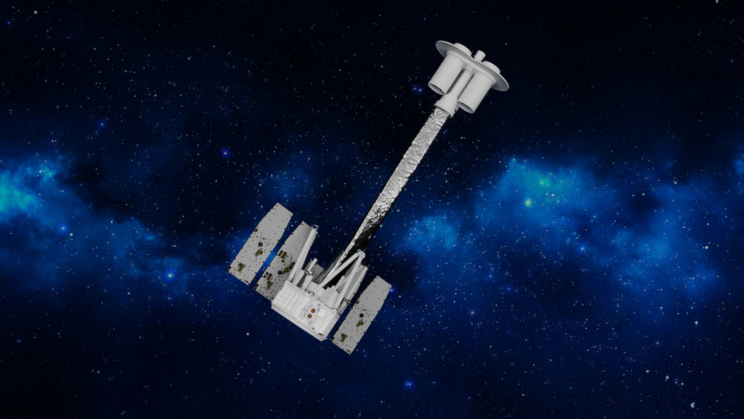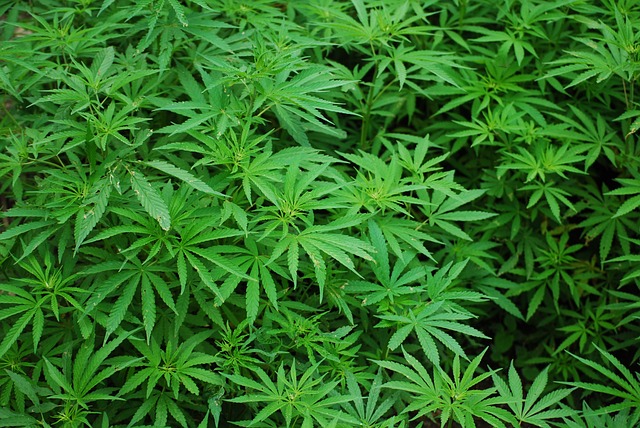New research reveals a concerning trend: non-native plants and animals are expanding their ranges at alarming rates, outpacing native species by a factor of 100. This rapid spread is largely driven by human activity and poses a significant threat to ecological stability in a time of changing climates.
Human Activity and the Spread of Non-Native Species
The study, led by scientists from the University of Massachusetts Amherst, highlights the critical role humans play in the unintentional introduction and dispersal of non-native species. Activities such as international trade, travel, and horticulture can unwittingly transport plants and animals far beyond their natural habitats.
Ecological Impact of Introduced Species
These introduced species often lack the predators and competitors they face in their native ranges, allowing them to reproduce and spread quickly. This rapid expansion can disrupt established ecosystems, outcompete native species for resources, and even alter entire food webs.
Climate Change Complications
The consequences of climate change further complicate the issue. As temperatures rise and weather patterns shift, suitable habitats for many species are also changing. Native species, limited by their natural dispersal abilities, may struggle to keep pace with these environmental shifts.
The research suggests that to survive, some native species would need to move an average of over 2 miles (3.2 kilometers) per year. This is simply not feasible for many plants and animals without human intervention.
The Need for Stricter Controls and Conservation Efforts
The findings underscore the urgent need for stricter controls on the movement of non-native species. Additionally, conservation efforts should focus on assisting native species in adapting to a changing environment, potentially through habitat restoration or assisted migration programs.
By understanding the dynamics of species movement and the role of human activities, we can develop more effective strategies to mitigate the threats posed by invasive species as well as protect the delicate balance of our ecosystems.







